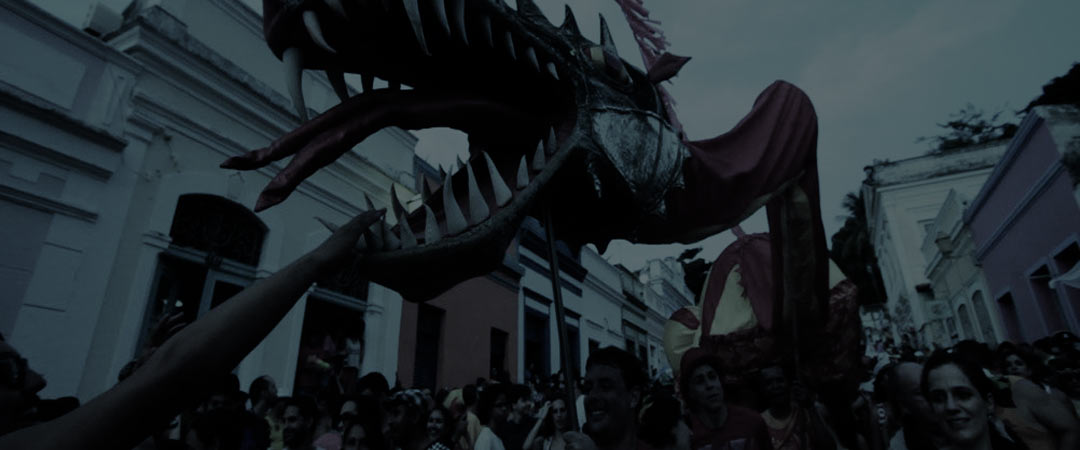The coup has transformed Brazil into a carnival of chaos and a parade of instability where samba drums have the rhythm of a planned insanity. There have been cuts to the education budget, the health budget and to social care. Even the Maracana stadium, once the proud home of the Brazil’s national football team which hosted the world cup final and the Olympic opening and closing ceremonies, is left to decompose. For how much is Temer planning to sell the Maracana for? The current austerity plan is a political choice to punish ordinary people. The consequences of it are starting to kick in and kicking in hard.
In the speech that marked his irregular arrival to the Presidency of Brazil, Michel Temer announced a slogan of his government: “Do not think of crisis, work.”. Yet, only the Brazilian people live under this kind of rigid rhetoric, like Order and Progress — the government’s official slogan, carried on the Brazilian flag.
For example, unemployment had increased by more than 2 million by the end of 2016 and reached 12 million, or 11.8%. In contrast, Brazil ended 2014 with the lowest unemployment rate ever recorded with a yearly average of 4.8%.
Over half a million families who had left Bolsa Família (social welfare) by 2011, re-entered the need for the social welfare in 2016. It has also been noted that in 2015, there was an increase of nearly half a million families. whereas, from 2012 to 2014 there an average of about 153.000. The sociologist Elimar Nascimento, suggested that the unemployment rise from 2015 onwards was the main reason for the return of the population to poverty. He didn’t mention the consequences of the coup and the austerity implemented by Temer’s administration. World bank estimates that up to 3.6 million people will drop back below the poverty line in 2017.
For example, in Rio de Janeiro 90% of investigative police (Policia Civil) stations are on strike. The administration of Luiz Fernando Pezão (PMDB Party) didn’t present a suitable proposal to deal with wage arrears, outsourced companies without payment, partially paralysed hospitals, unprotected police stations and overcrowded penitentiaries on the verge of rebellion. Rio de Janeiro is in trouble financially and the state government is negotiating $20 billion in aid to the federal government, which could reach $50 billion by 2019.
To deal with the issue Pezão’s planned to increase revenue by reducing spending, and the privatisation of the State Water and Sewage Company (CEDAE). In addition, Pezão proposed to freeze the salary of the public workers for three years. He also wants to implement a salary cut but salary cut is prohibited by law, so it would need the endorsement of the Federal Supreme Court (STF).
Meanwhile, the population are repressed in protest against privatisation of water and sewage. The Military Policy (PM) is blamed for using excessive force against the population. The protesters complaining of use of tear-gas and pepper spray on CEDAE’s workers.
The proposal of Pezão is to sell off CEDAE. According to information from the Union of Workers in Basic Sanitation and Environment of Rio de Janeiro (Sintsama-RJ), the state-owned company would continue to collect water and other private companies would be responsible for the distribution of water and sewage. Under the neoliberal agenda what happens is the tax payers fund the running costs, the private company receives the profit, the workers and the population loses their rights. Socialised costs, Privatised profits.
Whereas, protests that impeded policing in Espírito Santo was largely a strike of Police themselves. The Civil Police Union recorded 137 violent deaths as a consequence of the security breakdown. The situation in the state of Espírito Santo raised fears of a possible civil war. We can’t forget also the rebellion in Manaus prison, in Amazonas state. The rebellion came to an end with 56 deaths. The prison unit has the capacity to house 454 prisoners – the complex is home to 1,224 inmates. Congresswoman Jandira Feghali remarked on the quasi-fascist propaganda slogan “Let’s take Brazil out of the Red”, articulated by Temer. Fedhali asked how much of the red was blood stains from the coup?
The coup implemented by Cunha and Temer is leading Brazil into a dark moment in its history. Police against workers, workers against the state, the state against the police. Temer should announce a new slogan for his administration: “Do think of crisis, it will get worse.”
There is another aspect of concern, the use of the military during Carnival as Temer made the Army available any Brazilian state that claims a need for such during the period. Ominously he emphasised that the Army could be used for “any hypothetical disorder” – be it gang violence or protest by social movements. It indicates Temer’s fragility in public administration and also the normalisation of military involvement in civil matters. It is a spectrum which is too close to the military coup of 64.
It is time to call for elections. Democracy now, Diretas Ja!


